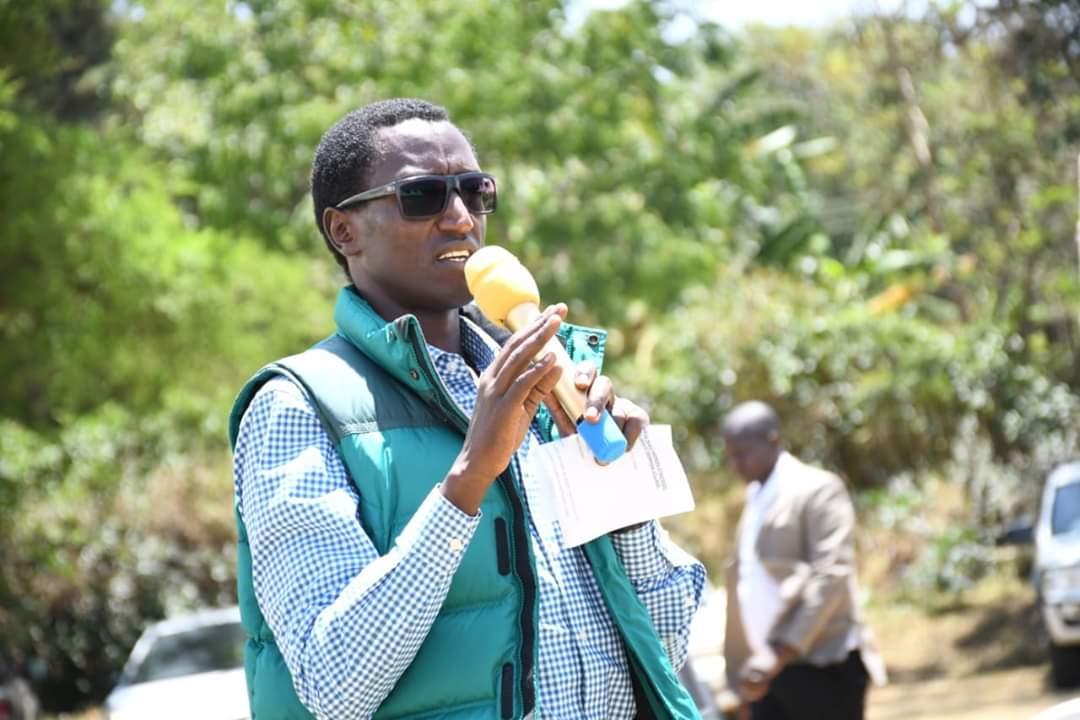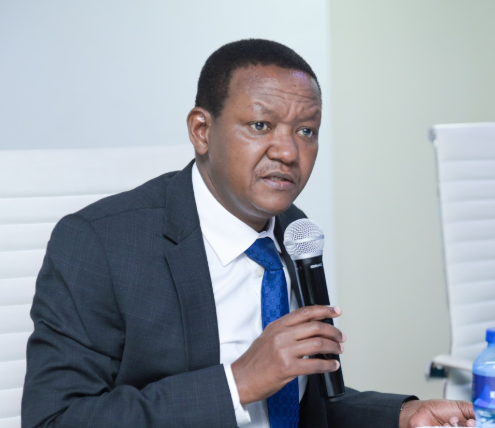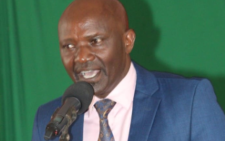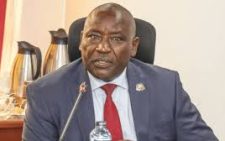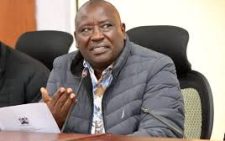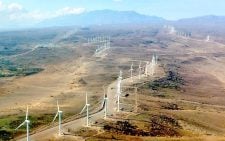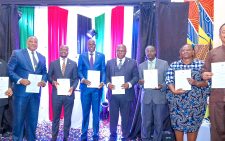Road projects benefit from more funding
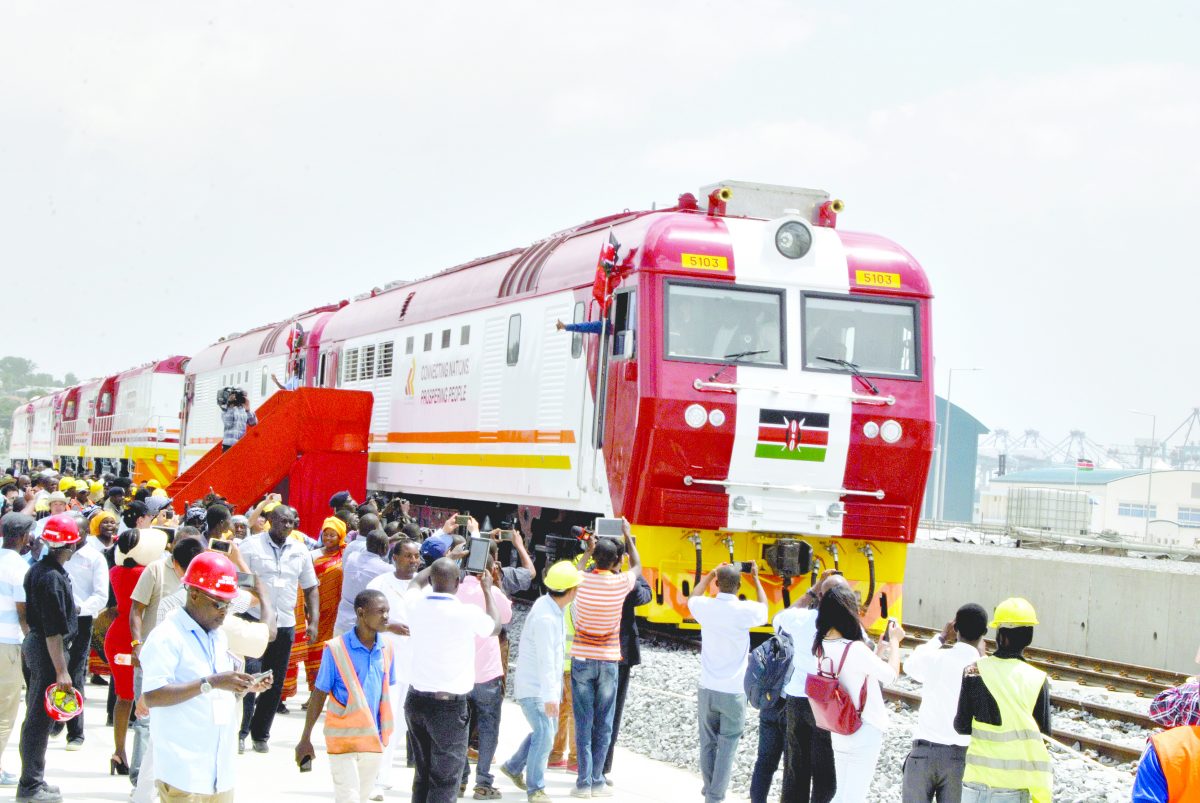
The national treasury has increased funding for road projects in the financial year 2023-2024 by more than three times to Sh249.7 billion.
In his first budget speech under the Kenya Kwanza government, Cabinet Secretary Njuguna Ndung’u further allocated Sh60 billion to the transport sector – nearly double what the department received last year at Sh 33.5 billion in the ending fiscal year.
The improved allocation towards the State department for roads in the 2023/24 financial year, is largely expected to cater for the sector’s pending bills of contractors and selected new projects.
Industry figures show that local contractors are owed over Sh50 billion, while foreign firms have not been paid Sh60 billion.
State department for shipping and Maritime Affairs has seen an allocation of Sh28 billion to be issued through the Consolidated fund, while State department for Housing and Urban development received in excess of Sh35.2 billion in the new budget allocations, with a chunk of the allocation to meet the affordable housing agenda.
Last year saw more than half (Sh18.5 billion) allocated to the phase II of Nairobi-Naivasha SGR line, while the allocation for the construction of roads stood at Sh212.5 billion, whereby Sh103.7 billion went towards constructing new roads and bridges.
In January this year, President William Ruto’s administration put the construction of the Sh160 billion Mau Summit highway on hold, throwing contractors and funders of what is Kenya’s most expensive road project into danger.
Awaiting approval
Its construction was initiated by retired President Uhuru Kenyatta, the construction of the 233-kilometre Nairobi-Nakuru-Mau Summit Toll Road that was initially meant to kick off in September 2021 has been awaiting the approval of President Ruto.
A consortium of three French firms indicated that they were ready to break ground on the project having received the financial backing of the African Development Bank (AfDB) and the World Bank.
In July 2022, African Development Bank committed to pumping Sh18 billion into the project whose total costs were estimated to be Sh160 billion.
It was to be done under a Public-Private Partnership (PPP) arrangement with a consortium of contractors undertaking it to recover the costs in 30 years from its users at designated toll.
